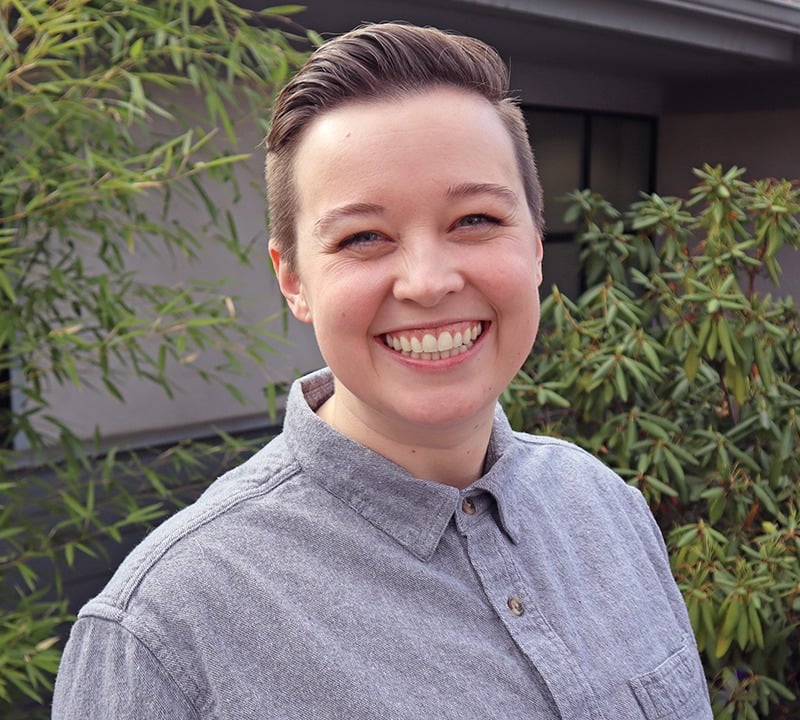Primary care is a necessary component of wellness. But, those in the LGBTQIA+ community may face challenges finding inclusive primary care. Pullman Regional Hospital works to help these individuals receive the supportive, compassionate care they deserve.
“There are a lot of things in LGBTQIA+ services that are the same as any primary care, which includes preventative routine care, sexual and reproductive health,” explains Dr. Kaz Brodsky, a family medicine physician at Pullman Family Medicine. “Then, on top of that, there’s just gender and sexual orientation affirming care, meaning we take extra time to make sure we understand the nuances of every specific patient. We do provide gender affirming hormone treatment, as well as surgical referrals and required letters for gender affirming surgeries.”
Barriers to Inclusive Care
Dr. Brodsky acknowledges the challenges of LGBTQIA+ individuals receiving good medical care. “It has been very disheartening to see the number of people in the LGBTQIA+ community who have either been denied care or received poor care due to their gender identity or sexual orientation.”
One of the biggest issues is ignorance. Few residency training programs and medical schools even discuss LGBTQIA+ care. Dr. Brodsky, a member of the LGBTQIA+ community himself, filled the educational gap with his own independent learning. “I think that a lot of LGBTQIA+ patients are fighting against the ignorance of the medical community when they’re trying to advocate for themselves to get appropriate care, but the doctors or the advanced practice practitioners don’t really know what to do or how to care for them,” he says.
With education about treating this community, practitioners can better serve LGBTQIA+ patients. They can also educate others on the nuances, so these patients feel safe seeking care. “We need to advocate for the patient ourselves and make sure we can provide a safe space where they’re seen, they’re known, they’re understood, and they’re not having to fight for themselves just to get basic medical care,” adds Dr. Brodsky.
Support for the LGBTQIA+ Community on the Palouse
Pullman Family Medicine makes a point of using gender-inclusive terminology. Staff are trained to use correct pronouns and names. “We also make every effort to care for each patient to the best of our abilities, no matter their age, race, sexual orientation, gender identity, political affiliation, et cetera,” mentions Dr. Brodsky.
The LGBTQIA+ community on the Palouse can find many affirming physicians and health providers in the area, along with organizations like Inland Oasis and P Flag. Students at Washington State University and University of Idaho can find resources on school websites and on campus.
The team at Pullman listens to patients to help support their own health goals. “It’s easy as a doctor to get into the mindset of telling a patient what you think is best for them,” Dr. Brodsky elaborates. “But, with gender affirming care, listening to and prioritizing a patient’s goal is actually the most important thing.”
“We’re here for you and you’re not alone. It is possible to get good medical care. And, if you don’t have support from friends or family, then you really can find your chosen family here on the Palouse,” he assures.
LISTEN to an in-depth conversation on this topic with Dr. Kaz Brodsky, a family medicine physician at Pullman Family Medicine.
